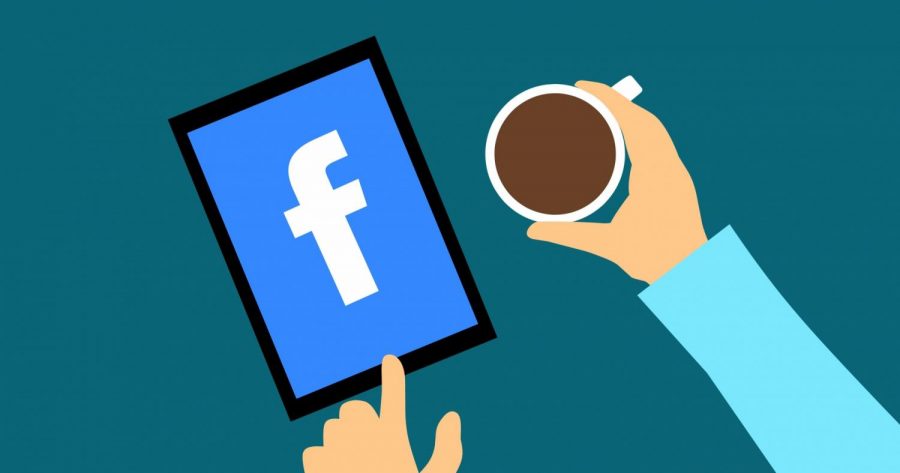It’s time to delete Facebook
In eighth grade, I remember hearing all of my teachers say that I probably should get a Facebook for high school. You know, for all of the clubs and events, and just to stay in the loop. But what no one told me was that I could be one of the 50 million people whose private information was stolen by Facebook .
At the heart of the Facebook controversy is Christopher Wylie, a former Cambridge Analytica employee who provided details about the scandal to the New York Times and Guardian. Cambridge Analytica is a data analysis firm that used the personal data of millions on Facebook without their permission, to target them with political advertisements through the use of “thisisyourdigitallife”. Through this app, users take a personality test and agree to have their information collected for academic use. The app would then categorize people into gender, age, political views, religion and intelligence.
Many assumed this data would prove harmless, as it was supposed to be used only for research purposes– except it wasn’t. According to Bloomberg, personal information was then handed over to Cambridge Analytica to use in political campaigns and target voters, especially President Donald Trump’s in 2016, which ultimately helped put Trump into office. The company argued that the 270,000 users who had taken the personality test consented to give data about themselves, so what it was doing was acceptable. However, it didn’t specify that data from the user’s Facebook friends would be collected as well. Not only was this a violation of privacy, but Cambridge Analytica lied and claimed that they had not, in fact, used the collected data for Trump’s political campaign.
The fact that my information could be used to build psychological profiles is alarming. The fact that these data companies are vaguely blurring the lines between user consent is even more alarming. But the fact that Facebook knew about this back in 2015 and still didn’t notify its affected users is what’s most concerning. It’s disappointing that Facebook failed time and time again to stop the lack of transparency and breach of government regulations. If whistleblower Christopher Wylie hadn’t called out the corruption of Facebook, the social media platform would continue to use Cambridge Analytica, causing thousands of more users to have their privacy exploited.
When I check my news feed, like an event or share a post, the first thing I think about is not whether or not Facebook is discreetly using my data. Many typically don’t know the extent to which our information is used, read the terms of services and check privacy settings. Most of the time, we are tricked into giving our consent through complex rules that most of us skip through simply out of convenience and habit. I did so because I trusted Facebook with my data, but it manipulated us.
Since the outbreak of the scandal, the hashtag #deletefacebook has spread on other social media platforms like Twitter. For many, including Tesla and SpaceX CEO Elon Musk, this lack of privacy was the last straw for them to finally delete the app. For others, they still want to hang on to the online identity, posts and Facebook friends they have curated on the app. In the end, it’s up to the user. But perhaps right now is a good time to reconsider your relationship with the company. In 2017, Facebook users were worth $20 individually to the company. Is your privacy worth $20?
Facebook has a moral and ethical responsibility to protect the data of its two billion users. “We have a responsibility to protect your information. If we can’t, we don’t deserve it,” Facebook CEO Mark Zuckerberg said in response to this recent scandal. And he’s right. Facebook doesn’t deserve us.

Serena Ye ’20 is a web arts editor for Inklings. Ye took Advanced Journalism because she enjoys how journalism can cater to all different types of people,...




















































John • Apr 12, 2018 at 9:31 am
If you don’t like it, then don’t use it. Facebook is free for users to use, and you pay for the service through ads. They make ads relevant to you based on the data you allowed Facebook to use.